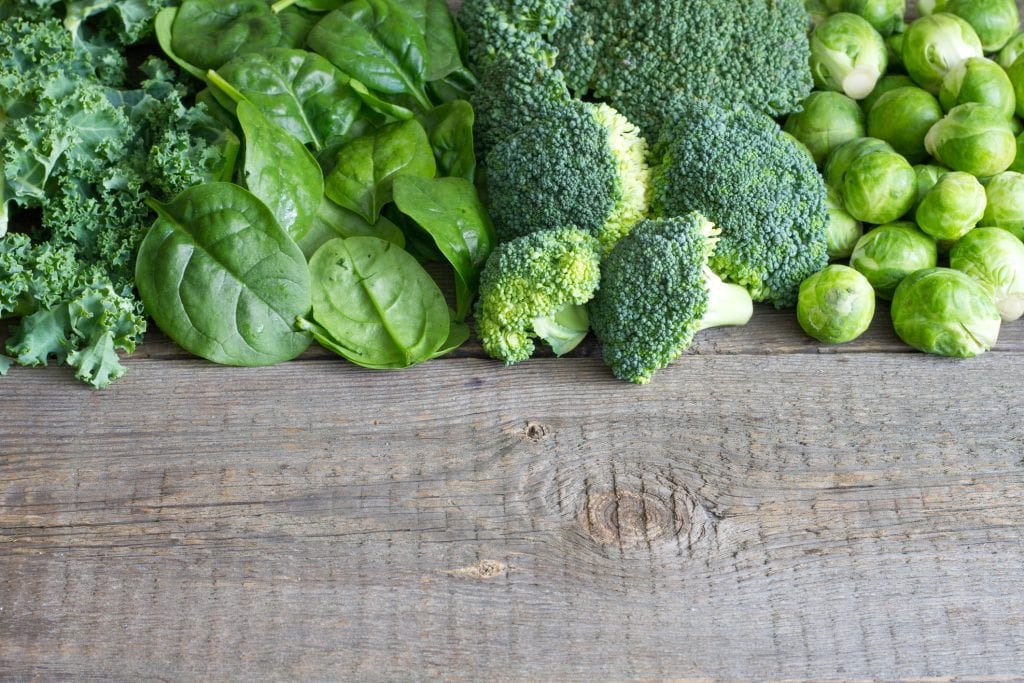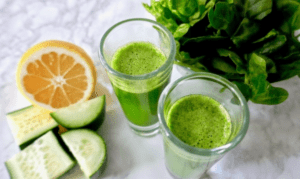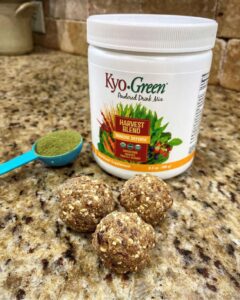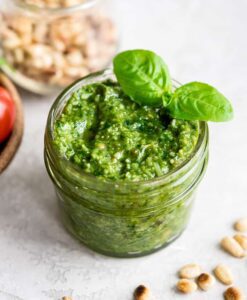Does a Healthy Diet Really Cost More?
A 2013 review reported that eating a healthy diet full of fruits, vegetables, fish, and nuts costs only about $1.50 more per day than eating a less healthy one.1 Though that amount would certainly be higher in today’s inflated economy, when it comes to your long-term health the principle is the same: even if you have to spend a little more now for good health, there’s a huge cost-savings benefit on potential future medical bills that can be easily avoided by eating better.
Get Serious About Supplements
In a perfect world, you’d get all the nutrients your body needs simply from the foods you eat. But life is busy and far from perfect. And though it’s important to strive to eat healthy all the time, the reality is you’re probably going to miss out on some key nutrients every now and then. That’s where dietary supplements come in. Supplements are designed to fill in the gaps in your diet, so if food isn’t providing the nutrients your body requires—whether that’s because of a busy schedule or surging prices at the grocery store—supplements are your best bet for staying healthy over both the short and long runs, even on a budget.
Health Benefits of Supplements
Aside from providing essential vitamins, minerals, and other nutrients that may be lacking from your diet, nutritional supplements offer a range of potential health benefits on their own. For example, supplementing with omega-3s can help reduce the risk for cardiovascular issues.2 Vitamin D supplements may help ward off dementia.3 A daily multivitamin may improve cognition in older adults.4 And taking high-dose vitamin B6 tablets has been shown to reduce feelings of anxiety and depression.5
Cost Effectiveness of Supplements
So if eating healthfully costs only a couple of dollars more, how is spending even more money on supplements actually cost effective? That’s what researchers set out determine in a systematic review published in Clinical Nutrition. In their report, they showed that taking nutritional supplements saves money by significantly curtailing the need for hospital visits. This was because supplement intake can reduce issues such as infections, minor post-operative complications, and functional limitations while improving quality of life. The result? An overall cost benefit, not to mention better health.6 So if you’re wondering whether you can afford supplements to maintain your health, think of it as an investment: the extra cost today is likely to save you tomorrow.
Choose Your Supplements Wisely
Not all supplements are created equal. Instead of grabbing any old bottle off the shelf, it’s important to do a little homework first. It’s essential to choose supplements that have been clinically studied and shown to be effective and safe for your intended use. Why does it matter? Because if a supplement doesn’t have any research behind it, you may be spending too much money while getting little to no health benefit. Read the label carefully and check the manufacturer website to ensure they are well established and can be reached for more information.
More Bang for Your Buck
Another smart strategy is to look for multi-purpose supplements. Instead of loading up your shopping cart with different supplements, each one designed to address just one specific health issue, you may be able to support a number of systems and functions with a single supplement. And that will allow you to spend less money and swallow fewer pills.
For instance, Kyolic Aged Garlic Extract (AGE) on its own has been shown to provide variety of health benefits, including lowering blood pressure and improving arterial stiffness,7 preventing cognitive dysfunction,8 and even treating gum disease.9 But you can also opt for a combination of AGE and several key nutrients to benefit whole-body health. For example, Kyolic Heart, Bone, and Immune Health Formula 152 pairs Aged Garlic Extract with omega-3s and vitamins D3, K2, E, and B6 for a comprehensive and convenient way to support your overall well-being, on any budget.
It doesn’t have to cost an arm and a leg to keep your arms and legs (and the rest of your body) healthy. Taking a targeted supplement or two, along with prioritizing a healthy diet and lifestyle, can help you stay well today while helping to save money tomorrow.












